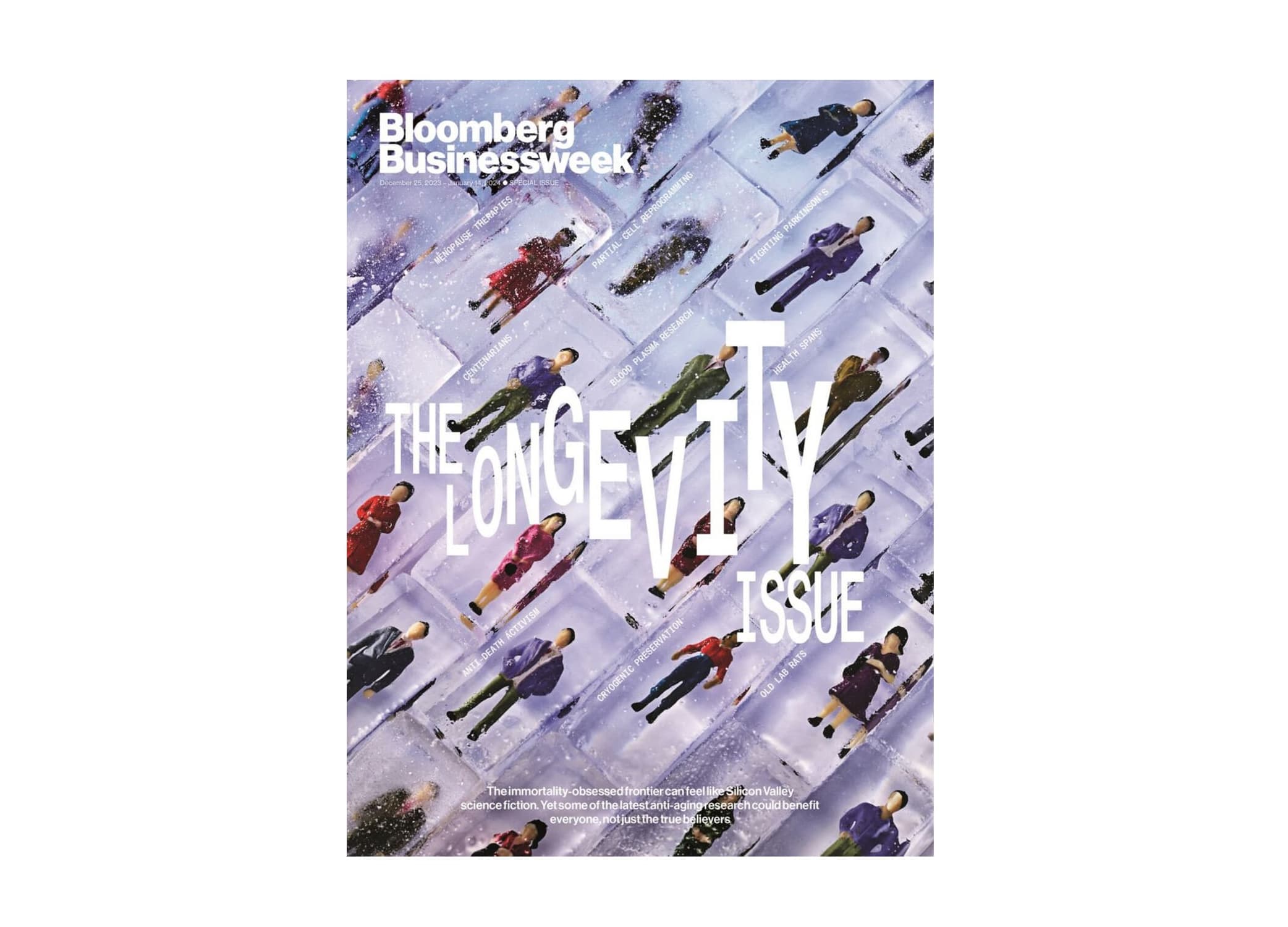Longevity science is going mainstream. Below is a new article from Bloomberg Businessweek’s Longevity Issue that just came out:
“This is the area where there has been no funding and no interest until recently,” says Yousin Suh, a researcher studying ovarian aging at Columbia University Irving Medical Center in New York City. Long-standing gender bias in medicine has left the female reproductive system woefully understudied.
Scientists and startups are racing to turn these revelations into therapies that could one day advance treatment for menopause and infertility and perhaps eventually intervene in the process of aging itself. Williams and Suh have already begun enrolling women in a clinical trial to test whether rapamycin—an immunosuppresant typically used in organ transplants and cancer treatment that’s also become a popular anti-aging drug—might also slow aging of the ovaries. Researchers at Northwestern University are exploring whether anti-fibrotic drugs could improve the quality of a woman’s eggs as she ages as well as improve reproductive longevity itself. A startup called Gameto has used stem cell science to create a less intensive version of IVF and plans to use the same technology to create better menopause therapies.
Two-and-a-half years ago, Pepin, along with Donahoe and Harvard University Ph.D. Daisy Robinton, founded Oviva Therapeutics Inc. with funding from aging-focused drug development company Cambrian BioPharma Inc. Their goal: to turn AMH into treatments that could improve ovarian function and extend life span. In the universe of aging research, Pepin says, the ovary just might be low-hanging fruit. It’s a far smaller task to intervene in the aging of one organ versus the entire body. “If you’re trying to extend longevity, that’s hard,” Pepin says. “But the ovary is really weird. It starts to degenerate way earlier than anything else. So even if you didn’t touch anything else, you could easily see an effect on the ovary.”
The global fertility market, worth about $35.2 billion last year, is expected to grow to $84 billion by 2028, according to market research firm Imarc Group. Oviva raised $11.5 million in May 2022 for an early-stage treatment that will aim to improve fertility treatments by helping patients increase the number of eggs in each cycle. Eventually, Oviva hopes to pull off a feat that seems almost unimaginable: giving women a drug that will allow them to choose when—and whether—they go through menopause. At a time when politicians are eroding women’s hard-won reproductive choices, Oviva’s founders want to give them even more control. “I see it very much akin to how the contraceptive pill really changed the game for women in the ’70s,” Robinton says.
…
At Columbia, Suh and Williams are enrolling about 50 women for a pilot study to see how the decades-old organ transplant drug rapamycin affects ovarian aging. Rapamycin acts on the body’s mTOR pathway, a buzzword in longevity circles: Activation of the mTOR pathway seems to be associated with aging, suggesting that intervening in it could slow the process. But it also seems to play a role in the activation of primordial follicles, which raises the question of whether targeting the mTOR pathway could reduce the rate at which those follicles mature. Kara Goldman, Northwestern’s medical director of fertility preservation and an associate professor, has explored how mTOR-inhibiting drugs could protect mice from the rapid depletion of eggs caused by cancer treatments. Now Suh and Williams are applying that work to humans. “We are really confident that rapamycin can help women to delay aging in the ovary, thereby improving aging in the body,” Suh says.
Full article: https://archive.ph/2a4sl
Related Reading:
Here: Women Taking Rapamycin for Enhanced Fertility / Menopause Prevention?
